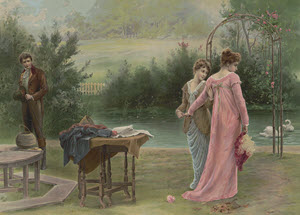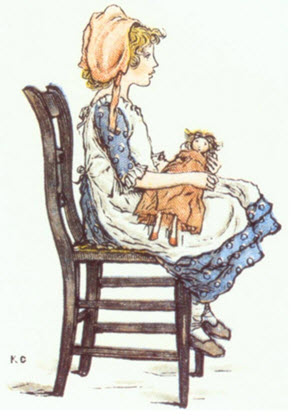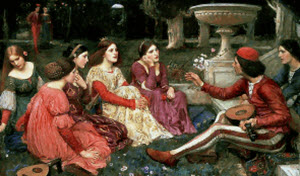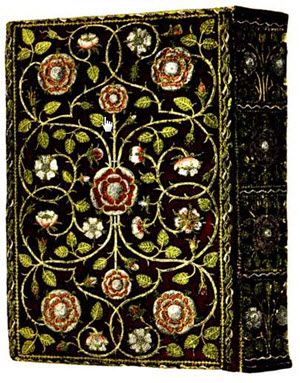EDGAR ALLAN POE - Part 5
In critical clinics on Poe the terms of pathology, '' alcoholism" and "dipsomania" are familiar words. Neither term expresses Poe' s weakness. Alcoholism is disease resulting from excessive drinking : any one may develop it with perseverance. Dipsomania is an uncontrollable thirst for alcohol : it exists as a disease, even if the thirst is not gratified. There is yet a third condition which can exist without excessive or continuous indulgence and without an initial morbid craving. Under this condition the " patient" is affected by alcohol and other drugs as if he were a cold-blooded animal. There is immediate unbalance, hysteria, insanity, a poisoned condition. Such, according to the evidence, was the effect of liquor on Poe. One glass sent him off his head. He was never pleasantly intoxicated.
His longer sprees were dreary illnesses. He was not a jolly carouser. He did not make
crafty effort to get liquor. His indulgence was fitful, due to accidental meetings and
opportunities, and later to starvation and misery. He was clear headed enough to know this
when he wrote that misery made the vice, not vice the misery. His life was not a downward
course under self-indulgence, but a retreat on the level in the face of a chemical fact.
He seldom had money enough to pay for much liquor, and the quantity of work that he did in
twenty years is proof that he was not drunk for relatively many working days. At important
crises in his career drinking helped to bring disaster. He was not the good fellow to
compel forgiveness of his sins, as we forgive the swaggering intoxications of Byron and
the domestic evenings with Burgundy in which Lamb drowned his tragedies and delighted his
friends. All that we can ask for Poe is that defenders shall not obscure the truth, and
that others relinquish the assumption that a pure poetic heart and a head marvelously
clear can not be borne by feet that stagger. In the last decade of Poe's life, after too
much drinking and periods of malnutrition, he was so elastic and fine-muscled that he
jumped and played leap-frog to the destruction of his only pair of shoes. And he was to
the end of his life so clear-minded, in his professional writing, that no comma was
misplaced, and his manuscript is in itself a work of manual art.
Poe was a weak man with a great brain, small in his failings, not gigantically wicked. We do not pretend to like him as we do large natures that fail.
But a golden tankard with dents in it is not chiefly interesting for the liquor it has held. Poe's worst vices were not drunkenness, nor yet his philandering with sentimental women, but his dishonesty, his failure to pay his debts of deed and word. Poe produced books which are of consequence in the history of our country and in the world's library. It ought to be interesting to see the conditions under which those books were produced. As we are human, we crave to know when Shakespeare was married and on what occasions Poe befuddled his fine brain, but the Poe that lives is the dreamer of dreams imaged in the pensive head that adorns the University of Virginia.




